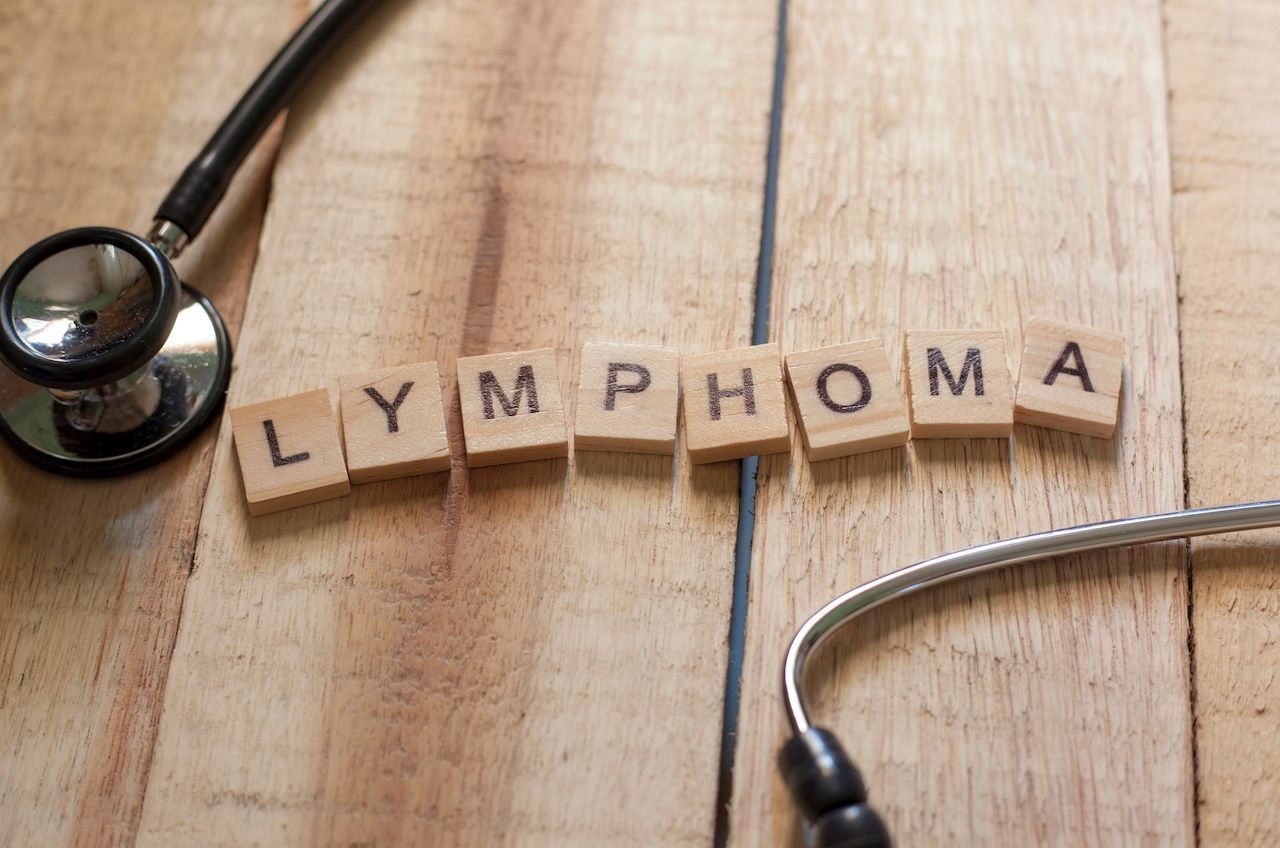- Center on Health Equity & Access
- Clinical
- Health Care Cost
- Health Care Delivery
- Insurance
- Policy
- Technology
- Value-Based Care
Phase 3 Trial of Tafasitamab in Follicular Lymphoma Meets Primary End Point
The phase 3 inMIND trial evaluating tafasitamab in combination with lenalidomide and rituximab in relapsed or refractory follicular lymphoma showed promising progression-free survival findings, according to topline results.
This article was originally published by Targeted Oncology®.
The pivotal phase 3 inMIND trial (NCT04680052) of tafasitamab-cxix (Monjuvi), a humanized Fc-modified cytolytic CD19-targeting monoclonal antibody in combination with lenalidomide (Revlimid) and rituximab (Rituxan) vs lenalidomide and rituximab alone in patients with relapsed or refractory follicular lymphoma (FL) met its primary end point of progression-free survival (PFS) by investigator assessment.1
The study’s secondary end points of PFS in the overall population by investigator assessment and positron emission tomography-complete response rate (PET-CR) in the FDG-avid FL population were also met. The secondary end point of PFS results by blinded independent review are in line with the reported investigator-based PFS data. There were no new safety signals seen with tafasitamab.
Full results from the inMIND trial of of lenalidomide and rituximab with or without tafasitamab in lymphoma are expected to be submitted for presentation at an upcoming medical meeting. | Image credit: airdone - stock.adobe.com

“While many patients with follicular lymphoma initially benefit from first-line treatment, relapse of the disease is common, underscoring the need for additional therapies,” Steven Stein, MD, chief medical officer, Incyte, said in a press release. “These results demonstrate the potential of tafasitamab added to the standard of care to be a meaningful new treatment option for patients with FL whose disease has progressed after at least 1 prior therapy.”
In 2020, tafasitamab was granted approval from the FDA in combination with lenalidomide. In 2021, the European Medicines Agency also approved this combination for adult patients with relapsed or refractory diffuse large B-cell lymphoma (DLBCL) not otherwise specified, including DLBCL arising from low-grade lymphoma. These patients are those who are not eligible for autologous stem cell transplant.
A supplemental biologics license application for tafasitamab is planned to be filed to the FDA by the end of the year for the treatment of patients with FL who have failed 1 or more previous systemic anti-CD20 immunotherapy or chemo-immunotherapy. Full results from the inMIND trial also are expected to be submitted for presentation at an upcoming medical meeting.
About the Phase 3 inMIND Trial
inMIND is a global, double-blind, randomized, controlled, phase 3 trial where investigators are evaluating the clinical benefit of lenalidomide and rituximab with or without tafasitamab. A total of 654 patients aged 18 years and older with relapsed or refractory FL deemed grade 1 to 3a or relapsed or refractory nodal, splenic, or extranodal marginal zone lymphoma (MZL) were enrolled.2
Additional eligibility criteria of the trial required patients to be willing and able to receive adequate mandatory prophylaxis and/or therapy for thromboembolic events; have documented relapsed, refractory, or progressive disease after treatment with systemic therapy; and have ECOG performance status of 0 to 2.
Patients who are pregnant or breastfeeding or have any histology other than FL and MZL, clinical evidence of transformed lymphoma, had a prior nonhematologic malignancy, congestive heart failure, hepatitis C positivity, chronic hepatitis B infection or history of human immunodeficiency virus infection, active systemic infection, or central nervous system lymphoma involvement were excluded from the trial. Those who had received systemic antilymphoma and/or investigational therapy within 28 days prior to the start of cycle 1 or had previously used the combination of lenalidomide and rituximab also were excluded.
PFS by investigator assessment in the FL population served as the primary end point of the trial. Key secondary end points include PFS in the overall population, PET-CR, and overall survival in the FL population.
References
1. Incyte announces positive topline results from pivotal study of tafasitamab (Monjuvi®) in relapsed or refractory follicular lymphoma. News release. Incyte. August 15, 2024. Accessed August 16, 2024. https://tinyurl.com/yzf5shht
2. A phase 3 study to assess efficacy and safety of tafasitamab plus lenalidomide and rituximab compared to placebo plus lenalidomide and rituximab in patients with relapsed/refractory (R/R) follicular lymphoma or marginal zone lymphoma. (InMIND). ClinicalTrials.gov. Updated August 15, 2024. Accessed August 16, 2024. https://clinicaltrials.gov/study/NCT04680052
As Cancer Caregiving Becomes More Complex, Start-Up Offers Solution to Demographic Cliff
February 5th 2026The need for at-home caregivers in cancer care is not new. But as therapies improve, the need to care for patients with cancer stretches over longer periods. Today, the rise of advanced cellular therapies asks more of caregivers. One caregiver who has lived it is working on a better solution for other families.
Read More
Frameworks for Advancing Health Equity: Pharmacy Support for Non-Hodgkin Lymphoma
December 19th 2024Rachael Drake, pharmacy technician coordinator, University of Kansas Health System, explains how her team collaborates with insurance companies and providers to support treatment access for patients with non-Hodgkin lymphoma.
Listen
What Would Make Therapy Last? How About 2 Targets Each on B Cells and T Cells?
January 10th 2026The Chief Medical Officer of ModeX Therapeutics discusses MDX2003, a groundbreaking tetraspecific therapy that promises enhanced efficacy and safety in non-Hodgkin lymphoma treatment. This exchange appears in the January issue of Evidence-Based Oncology, the annual recap of the meeting of the American Society of Hematology.
Read More
Fixed-Duration Epcoritamab Shows Strong Responses in Older, Chemo-Ineligible Patients With LBCL
December 27th 2025In the EPCORE DLBCL-3 study, fixed-duration epcoritamab monotherapy delivered deep, durable responses with manageable toxicity in older, chemotherapy-ineligible patients with LBCL.
Read More
